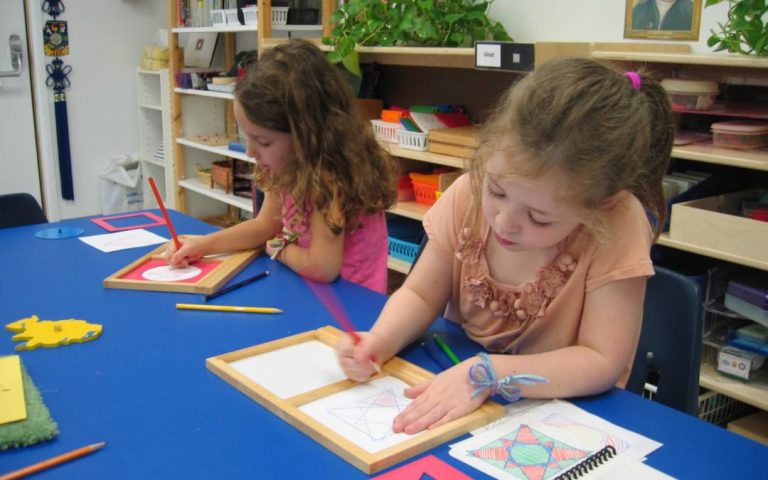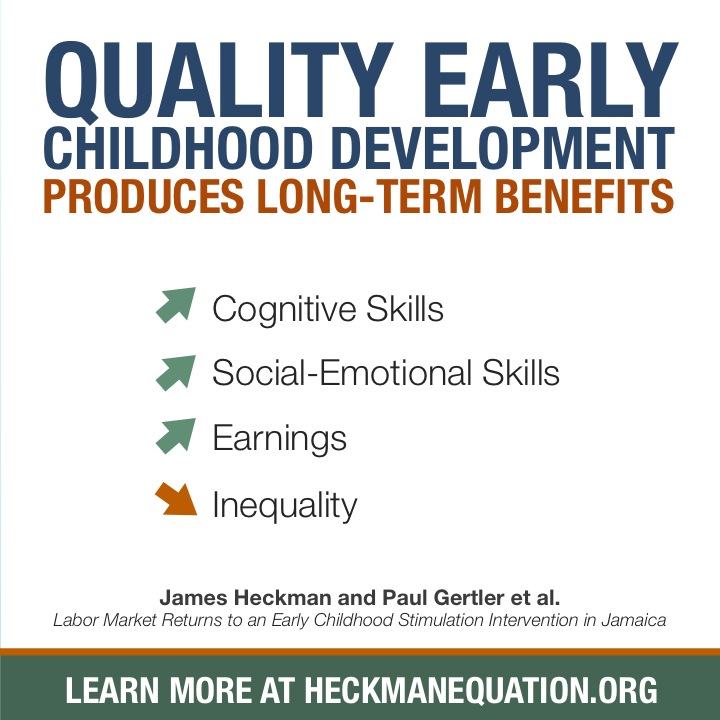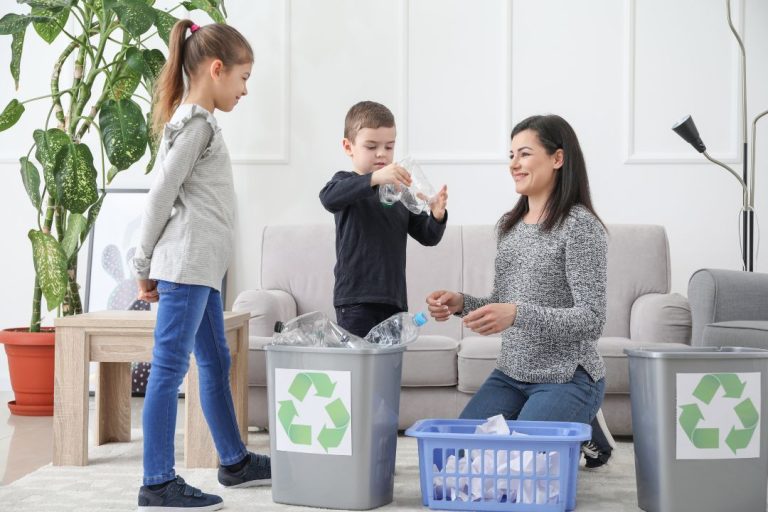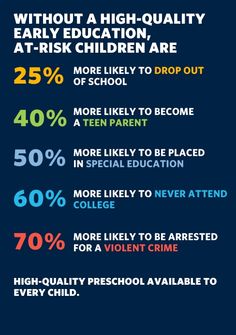How to Get a Certificate in Early Childhood Education: Your Path to Success
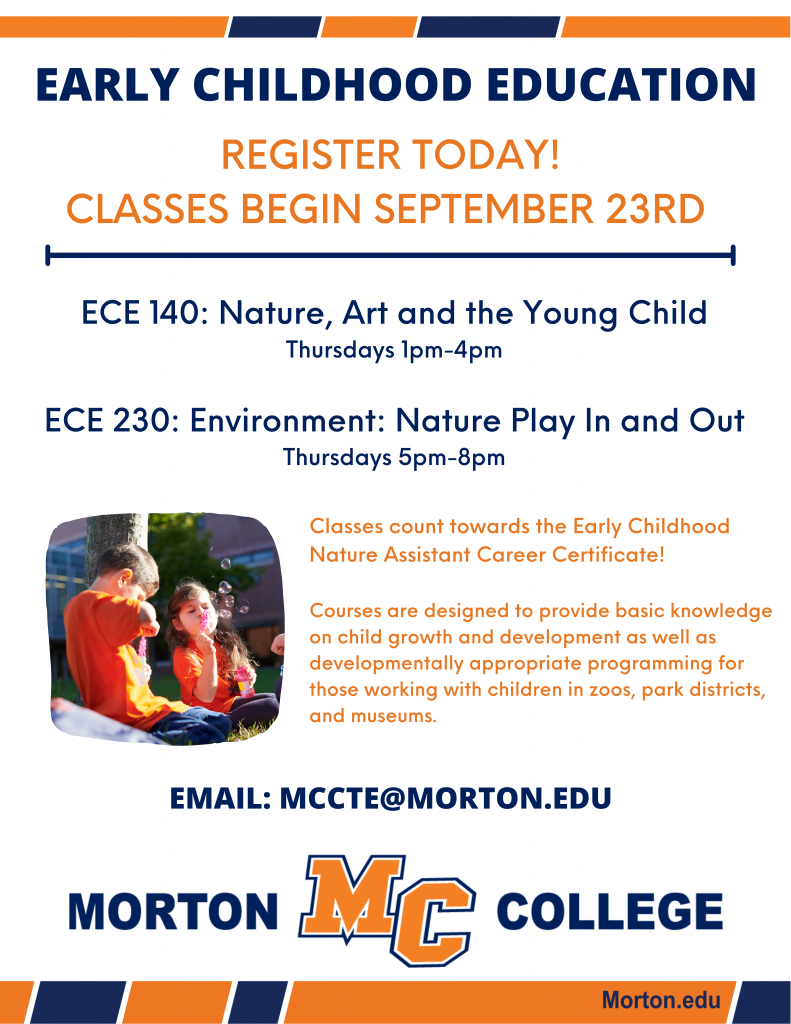
To get a certificate in Early Childhood Education, enroll in an accredited program at a community college or university. Complete the required coursework and practical training to earn your certification.
Pursuing a certificate in Early Childhood Education is a great way to kickstart a rewarding career working with young children. By obtaining this certification, you will gain valuable knowledge and skills to provide quality care and education to children in their formative years.
This credential can open up various job opportunities in daycare centers, preschools, and other educational settings. Investing in a certificate in Early Childhood Education can lead to a fulfilling and impactful career making a difference in the lives of children.
Why Early Childhood Education Is Important
Early childhood education is crucial for the development of young children, laying the foundation for their future success. It plays a pivotal role in nurturing cognitive, social, and emotional skills that are essential for a child’s holistic growth. Here, we will delve into the importance of early childhood education and the benefits it offers.
The Benefits Of Early Childhood Education
Early childhood education offers numerous benefits that positively impact a child’s overall development. It fosters a love for learning, promotes social interaction, and enhances cognitive abilities. Research shows that children who receive quality early education are more likely to excel academically and exhibit better problem-solving skills.
Moreover, early childhood education sets the stage for improved language development, leading to better communication skills and a broader vocabulary. It also instills a sense of curiosity and creativity, which are vital for a child’s future learning experiences.
The Importance Of Qualified Early Childhood Educators
Qualified early childhood educators play a pivotal role in shaping a child’s early learning experiences. Their expertise and nurturing approach create a conducive environment for children to explore, learn, and grow. They are adept at understanding the unique needs of young children and provide tailored support to foster their development.
Certified early childhood educators possess the knowledge and skills to create enriching learning experiences that cater to the diverse needs of children. Their guidance and support lay the groundwork for a child’s lifelong love for learning, setting the stage for their future success.
Types Of Early Childhood Education Certificates
When it comes to pursuing a career in early childhood education, obtaining a certificate is a valuable step to enhance your knowledge and skills. There are various types of early childhood education certificates that cater to different approaches and philosophies in the field of education. In this article, we will explore the different types of early childhood education certificates available and their unique focuses.
Certificate In Child Development Associate (cda)
The Certificate in Child Development Associate (CDA) is designed to provide individuals with the knowledge and skills needed to work with young children. This program emphasizes the importance of nurturing the social, emotional, physical, and intellectual development of children from birth to the age of five.
Certificate In Early Childhood Education (ece)
The Certificate in Early Childhood Education (ECE) is a comprehensive program that covers a wide range of topics related to early childhood development and education. This certificate equips individuals with the necessary tools to create a stimulating and nurturing environment for young children to thrive.
Certificate In Montessori Education
The Certificate in Montessori Education focuses on the Montessori approach to early childhood education, which emphasizes independence, freedom within limits, and respect for a child’s natural psychological, physical, and social development. This program equips individuals with the knowledge and skills to implement the Montessori method effectively.
Certificate In Reggio Emilia Approach
The Certificate in Reggio Emilia Approach is centered around the principles of the Reggio Emilia philosophy, which emphasizes the importance of child-led, experiential learning in a collaborative and supportive environment. This certificate program focuses on fostering creativity, exploration, and critical thinking in young children.
Choosing The Right Certificate Program
When pursuing a career in early childhood education, choosing the right certificate program is crucial to your success. Researching different certificate programs, considering your career goals, and assessing program quality and accreditation are essential steps in making an informed decision.
Researching Different Certificate Programs
Researching different certificate programs is the first step in finding the right fit for your educational and career goals. Take the time to explore the curriculum, course delivery methods, and program duration of each option. Consider factors such as flexibility, cost, and the reputation of the institution offering the program.
Considering Your Career Goals
When choosing a certificate program, it’s important to align your educational pursuits with your career goals. Determine whether you want to specialize in a specific area of early childhood education, such as special needs education or curriculum development. Look for programs that offer relevant coursework and practical experience in line with your desired career path.
Assessing Program Quality And Accreditation
Assessing the quality and accreditation of a certificate program is vital to ensuring that your education meets industry standards. Look for programs that are accredited by recognized accrediting bodies in the field of early childhood education. Additionally, consider the track record of the program, including graduation rates and post-graduation employment success.
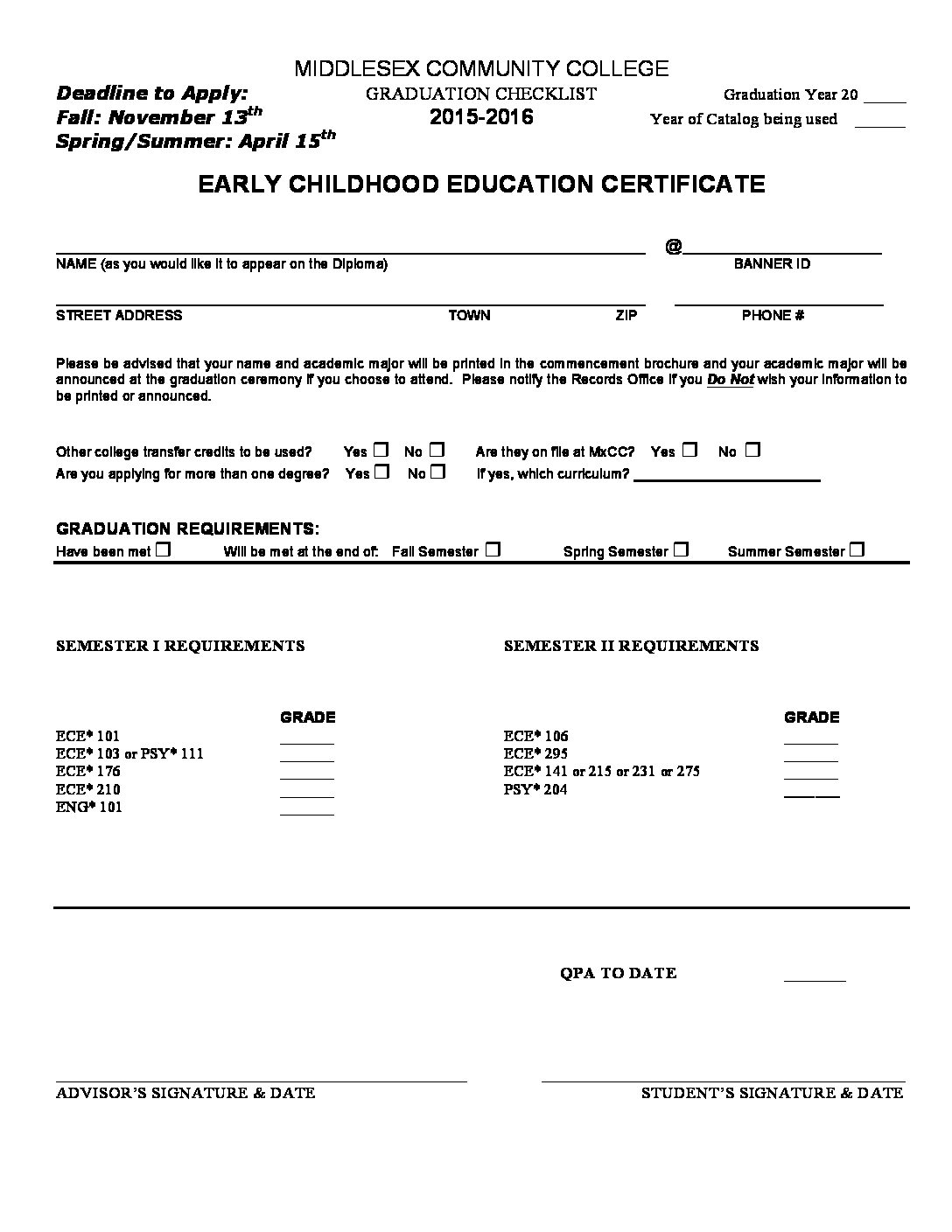
Credit: mxcc.edu
Requirements For Certificate Programs
When pursuing a career in early childhood education, obtaining a certificate is a critical step towards gaining the necessary knowledge and skills. Certificate programs provide individuals with the foundational understanding and practical experience required to thrive in this field. Here are the key requirements for certificate programs in early childhood education:
Education And Training Requirements
Prospective students seeking a certificate in early childhood education are typically required to have a high school diploma or equivalent. Some programs may have specific prerequisites, such as coursework in child development or early childhood education. Additionally, applicants may need to complete certain training modules or workshops related to child care and education.
Background Checks And Health Clearances
Before enrolling in a certificate program, candidates often need to undergo background checks and obtain health clearances. This ensures the safety and well-being of children in educational settings. Background checks may include criminal history and child abuse clearances, while health clearances could involve immunization records and physical examinations.
Practicum And Fieldwork Experience
Hands-on experience is a crucial component of early childhood education certificate programs. Students are typically required to complete a practicum or fieldwork experience in a childcare facility, preschool, or early learning center. This practical training allows individuals to apply their knowledge in real-world settings and gain valuable insights into working with young children.
Testing And Assessment
Upon completion of coursework, students may need to undergo testing and assessment to demonstrate their understanding of early childhood education concepts. These assessments could include written exams, oral presentations, or the development of lesson plans and teaching materials. Successful completion of these evaluations is often a requirement for obtaining the certificate.
How To Apply For A Certificate Program
To apply for a certificate in Early Childhood Education, submit an online application with academic transcripts. Provide letters of recommendation and a statement of purpose outlining your interest in the program. Be prepared for possible interviews to assess your suitability for the certificate.
If you’re interested in pursuing a career in early childhood education, getting a certificate in this field is an excellent way to start. A certificate program can help you gain the necessary skills and knowledge to work with young children and prepare you for a career as a teacher, assistant teacher, or childcare provider. In this article, we’ll discuss how to apply for a certificate program in early childhood education.Gathering Application Materials
Before you start your application, you should gather all the necessary materials. The requirements may vary depending on the program, but generally, you’ll need the following:- High school diploma or equivalent
- Official transcripts from any colleges or universities you’ve attended
- A personal statement or essay explaining your interest in early childhood education
- Letters of recommendation from teachers, employers, or other professionals
- A resume or curriculum vitae (CV) outlining your work experience and education
Submitting Your Application
Once you have all the required materials, you can begin the application process. Most certificate programs have an online application system that you can access through their website. Follow the instructions carefully and make sure you submit all the necessary materials. If you’re unsure about any part of the application, don’t hesitate to contact the program’s admissions office for assistance.Application Deadlines And Fees
It’s important to pay attention to application deadlines and fees. Most certificate programs have a specific deadline by which all applications must be submitted. Some programs also have an early admission deadline that allows you to apply and receive an admission decision earlier than the regular deadline. Be sure to check the program’s website for specific dates and deadlines. In addition to application deadlines, you’ll also need to pay an application fee. The fee varies depending on the program, but it typically ranges from $50 to $100. Some programs may offer fee waivers for students who demonstrate financial need, so be sure to inquire about this option if it applies to you. In conclusion, applying for a certificate program in early childhood education requires gathering all the necessary materials, submitting your application through the program’s website, and paying attention to application deadlines and fees. By following these steps, you’ll be on your way to starting your career in this rewarding field.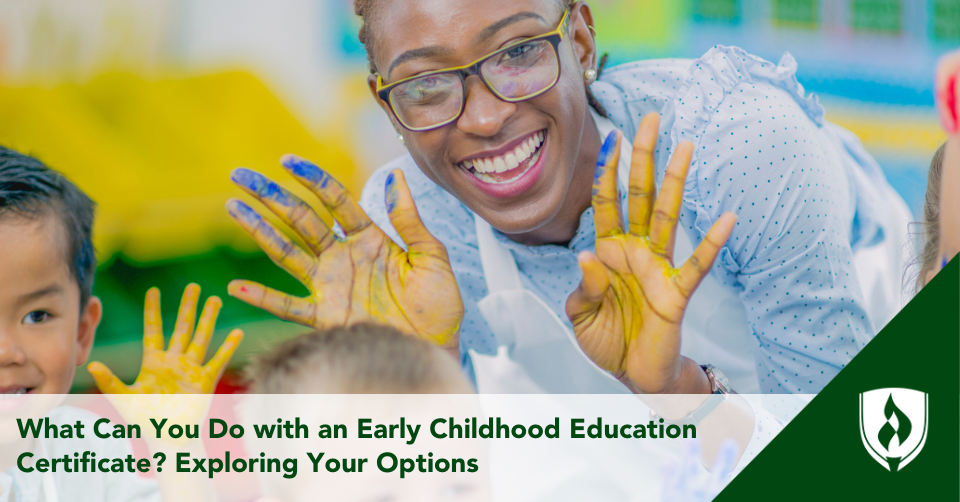
Credit: www.rasmussen.edu
Financing Your Certificate Program
When pursuing a certificate in Early Childhood Education, financing your program is a crucial aspect to consider. There are various options available to help cover the costs of your education, such as scholarships, financial aid, and employer tuition reimbursement.
Scholarship And Grant Opportunities
Scholarships and grants are financial awards that do not need to be repaid. They are offered by various organizations, institutions, and foundations to support students in their educational pursuits. Research different scholarship opportunities related to Early Childhood Education to help offset the expenses of your certificate program.
Financial Aid And Student Loans
Financial aid includes grants, scholarships, and work-study programs provided by the government or educational institutions. Student loans are another option, which require repayment after completing the program. Fill out the FAFSA to determine your eligibility for various forms of financial aid and loans to assist in funding your certificate in Early Childhood Education.
Employer Tuition Reimbursement
Some employers offer tuition reimbursement programs to support their employees’ professional development. Check with your employer to see if they provide tuition assistance for pursuing a certificate in Early Childhood Education. Taking advantage of this benefit can help reduce the financial burden of your education.
What To Expect In A Certificate Program
Embarking on a journey to earn a certificate in Early Childhood Education is a significant step towards a fulfilling career nurturing young minds. Understanding what to expect in a certificate program can help you prepare and make the most of your learning experience.
Coursework And Assignments
The coursework in an Early Childhood Education certificate program covers foundational topics like child development, curriculum planning, and behavior management. Engaging assignments such as lesson planning and reflective journals enhance practical skills.
Fieldwork And Practicum Experience
Fieldwork and practicum experiences provide invaluable hands-on learning opportunities. Working directly with children in a real classroom setting allows students to apply theoretical knowledge and gain confidence in their teaching abilities.
Faculty And Peer Support
Dedicated faculty members with experience in early childhood education guide students through the program. Peer support fosters a collaborative learning environment where ideas are shared and experiences are enriched.
Professional Development Opportunities
Professional development opportunities within the certificate program help students stay current with best practices in the field. Workshops, seminars, and networking events offer avenues for continuous growth and learning.

Credit: www.facebook.com
Earning And Maintaining Your Certificate
Earning and maintaining your certificate in early childhood education requires meeting specific requirements and staying up-to-date with advancements in the field. Here’s what you need to know about the process:
Testing And Assessment Requirements
Before earning your certificate, you’ll need to pass standardized tests and assessments to demonstrate your knowledge and proficiency in early childhood education.
Continuing Education And Professional Development
Once certified, ongoing professional development is essential. This may include attending workshops, seminars, or pursuing advanced degrees to stay current in the field.
Renewal And Recertification Processes
To maintain your certification, you’ll need to adhere to renewal and recertification processes, which may involve completing a certain number of continuing education hours and submitting documentation of your professional development activities.
Frequently Asked Questions
What Do You Need To Be A Early Childhood Teacher In Texas?
To be an early childhood teacher in Texas, you need a bachelor’s degree in early childhood education. Additionally, you must pass the Texas Examination of Educator Standards (TExES) for Early Childhood certification.
What Is The Easiest Texas Teacher Certification Test?
The easiest Texas teacher certification test is the TExES Pedagogy and Professional Responsibilities (PPR) exam. It covers general teaching methods and classroom management. With proper preparation, many find this test to be more straightforward than subject-specific exams.
What Is Ecd Certification?
ECD certification stands for Early Childhood Development certification. It validates expertise in caring for young children.
How Do I Get An Early Childhood Certificate In California?
To get an early childhood certificate in California, complete a state-approved training program and pass required assessments.
Conclusion
Obtaining a certificate in early childhood education can open up various career opportunities in the field. By completing the necessary coursework and gaining practical experience, you can develop the skills and knowledge needed to support the growth and development of young children.
With the demand for qualified early childhood educators on the rise, pursuing this certification can pave the way for a rewarding and fulfilling career.
Lorem Ipsum is simply dummy text of the printing and typesetting industry. Lorem Ipsum has been the industry’s standard dummy text ever since the 1500s, when an unknown printer took a galley of type and scrambled it to make a type specimen book.

